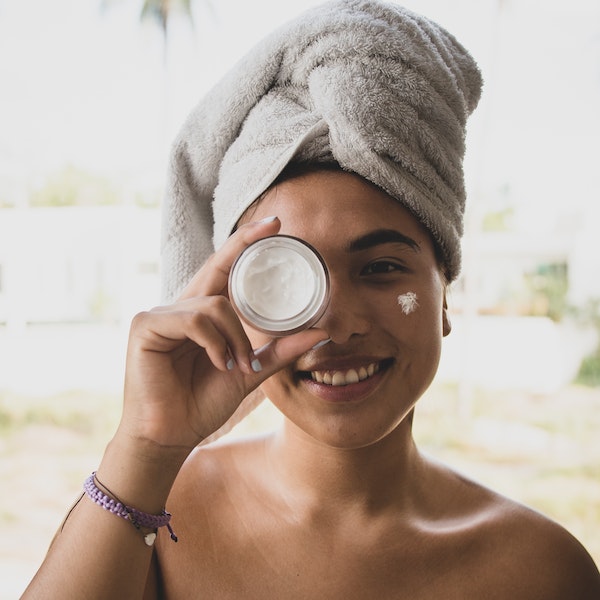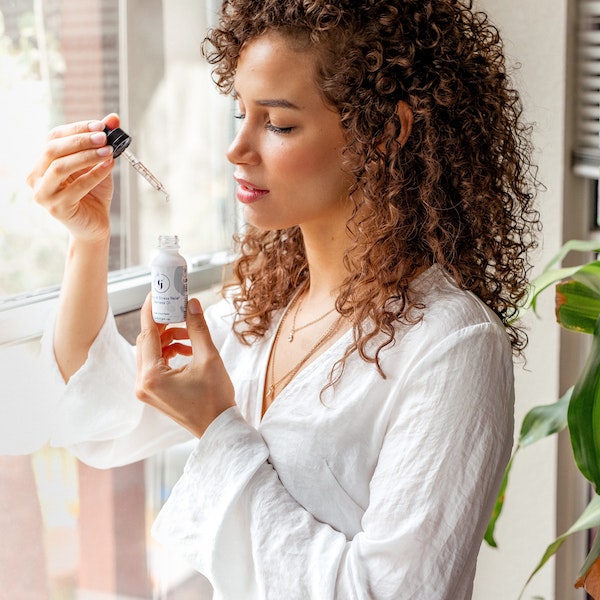Your skin, the body’s largest organ, is like a protective shield, constantly defending you against the elements. But what happens when this armor begins to crack and weaken?
Your skin’s barrier, responsible for keeping harmful invaders out and essential moisture in, can become compromised, leading to various skin issues.
Most of you are struggling with skin-related issues such as skin aging, acne, dark spots or dryness, and the good thing is you have come to the right place.
Here is a very informative discussion of restoring your skin barrier for clear and healthy skin, along with some practical tips to achieve a resilient and glowing complexion.

Understanding the skin barrier
Before discussing the tips for restoring your skin barrier, let’s take a moment to understand what it is and why it’s vital.
Your skin barrier, composed of lipids (fats) and skin cells, serves as a protective barrier against external aggressors such as pollution, UV rays, and bacteria. When this barrier is intact, your skin looks and feels healthy.
However, various factors, such as harsh skincare products, overexposure to the sun, and aging, can weaken this shield.
According to a clinical proven research, a lot of people suffer from skin conditions related to a compromised skin barrier, including dryness, redness, and increased sensitivity.
Here are some easy tips to restore your clogged skin.

Tips to restore your skin barrier
Gentle cleansing
Start your skincare routine with a mild, hydrating cleanser. Harsh cleansers can wash away natural oils and disrupt your skin barrier. So, you can choose products with a balanced pH level according to your skin type.
Moisturize adequately
Hydration is necessary to a healthy skin barrier. Use a moisturizer that suits your skin type to lock in moisture and prevent dryness. You should look for ingredients like hyaluronic acid and ceramides for a plumpy and radiant skin.
Sun protection
Make sunscreen your best friend because UV rays are so strong to destroy your skin barrier and a good sunscreen can protect you from that.
Always apply a broad-spectrum sunscreen with an SPF 50, even on cloudy days or even you are staying inside.
Avoid over-exfoliation
Exfoliation can promote skin renewal by removing the dead skin, but overdoing it can damage your skin barrier.
You should limit exfoliation to 2-3 times a week and use gentle exfoliants like alpha hydroxy acids (AHAs) or beta hydroxy acids (BHAs).
Nourishing Ingredients
Seek out skincare products containing ingredients like niacinamide, fatty acids, and peptides, which can help repair and strengthen your skin barrier.
Stay Hydrated
Drinking enough water is essential for healthy skin. Proper hydration from within supports your skin’s ability to maintain its protective barrier.
Diet matters
Consume a diet rich in antioxidants, vitamins, and healthy fats, such as those found in fruits, vegetables, and fatty fish. These nutrients promote skin health from the inside out.
Reduce stress
Chronic stress can weaken your skin barrier. Incorporate stress-relief techniques like meditation, yoga, or deep breathing into your daily routine to have that freshness on your face.
Takeaway
Protecting your skin barrier is the basis of healthy and radiant skin, and you can do so by taking good care of your skin by using products that suit your skin type.
If you want a clear complexion skin that looks and feels its best, first, you must understand the importance of a robust skin barrier. Later on, you definitely need to follow these simple yet effective tips to see the difference.
Always remember that you cannot achieve anything overnight. In fact, you have to be consistent for it, so be patient as you restore and maintain your skin’s protective shield.
FAQs
How long does it take to repair a damaged skin barrier?
The time it takes to restore a damaged skin barrier can vary from person to person. It may take a few weeks to a few months of consistent skincare and lifestyle changes to see significant improvements.
Can I use natural oils to repair my skin barrier?
Yes, some natural oils, such as jojoba oil and rosehip oil, can be beneficial for restoring the skin barrier. However, you should avoid if you have sensitive or acne-prone skin, as not all natural oils are suitable for every skin type.
Are there any specific skincare products you recommend for a compromised skin barrier?
Look for products labeled as “barrier repair” or “ceramide-rich.” These often contain ingredients that can help strengthen and repair your skin barrier. Always patch-test new products to ensure they work well with your skin.


